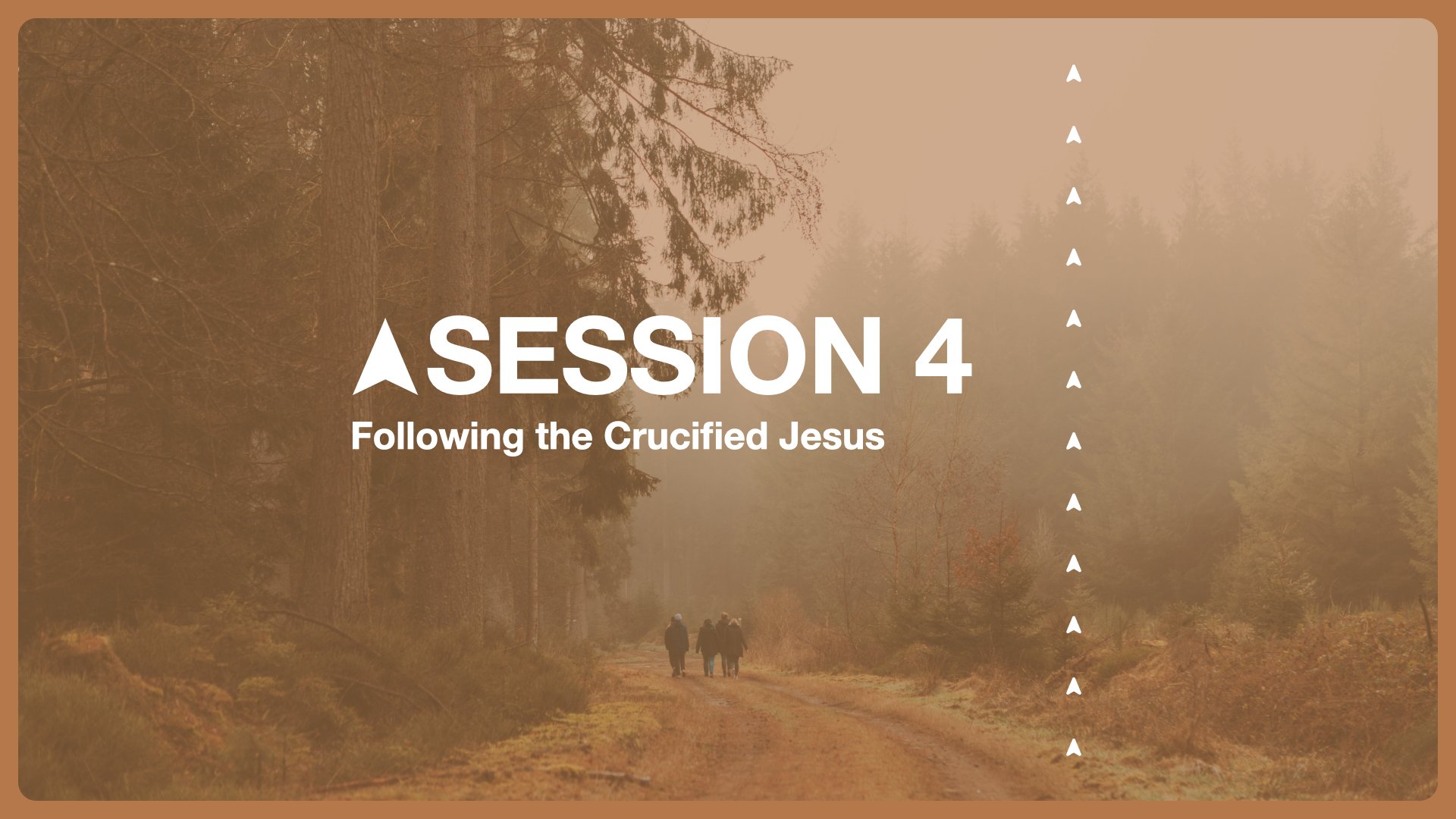SESSION 4 (2023)
LEG 1 (5/22-6/4)
READING
Emotionally Healthy Discipleship by Peter Scazzero
Chapter 4: Follow the Crucified, Not the Americanized, Jesus
Sacred Rhythms by Ruth Haley Barton
Chapter 6: Self-Examination - Bringing My Whole Self Before God
Chapter 7: Discernment - Recognizing and Responding to the Presence of God
PREPARING
Read Psalm 139
Watch or listen to “Examen” from Psalm 139 from the Spiritual Rhythms of the Psalms series from January 22, 2022.
REFLECTING
Reflect on the following questions regarding the reading, writing in your journal:
Be popular vs reject popularity: Most of us place a higher premium on what other people think than we realize. In what ways might the temptation to be popular be uniquely challenging for leaders in your context? In what ways, if any, has it led you to do and say things to impress people or to make decisions you might not otherwise have made? (EHD, 66-69
Be great vs. reject great-ism: Greatness-ism is preoccupied with status, power, and privilege. The alternative is lowliness, a humility that expresses itself in a willingness to be curious, open, flexible, and teachable - regardless of the title or position we hold. When are my plans and ambitions legitimately for the glory of God, and when do they cross the line into my own desire for greatness? What opportunities has God placed before me to be lowly with the lowly, to be little with the little? (EHD, 69-73)
Be successful vs. reject success-ism: According to Jesus, success is becoming the person God calls you to become and doing what God calls you to do - in his way, and according to his timing. The final temptation Satan posed to Jesus in the desert was to do what God had called him to do but not in God’s way or according to God’s timetable. In what ways might this be a temptation for you, in your: a) personal / family life, b) vocation / professional life, and c) walk with Jesus / spiritual life? (answer for each of these three spheres) (EHD, 73-75)
Avoid suffering and failure vs. embrace suffering and failure: Jesus had a choice: to leave the cross or stay on it. Out of love for us, he chose to stay, facing suffering in the fullness of his humanity rather than avoiding it. In what ways do I try to avoid the suffering and failure Jesus might be setting before me? Before whom do I most dread looking foolish? (EHD, 75-78)
As you practiced Examen at the end of each day, what have you noticed about God’s presence with you? Were there ways God was with you that you would not have noticed if you had not been practicing this Spiritual discipline? (SR, p178)
Are there aspects of your created self that you have been able to celebrate and acknowledge? What difference does this make in the way you view God and the way you view yourself? (SR, p178)
What sins or negative patterns has God shown you in your times of examen? How is it changing you to acknowledge these areas to God and to those who have been affected by these attitudes and behaviors? (SR, p178)
God’s will is generally for us to do more of whatever it is that gives us life (Deuteronomy 30:19, John 10:10). How does this truth change the way you view yourself and your life? (SR, p179)
Describe a recent time (in the last month or so) when you were aware that you were your most authentic self in God, fully open to God. Describe a similar time when were aware of this same authenticity with others. What about those situations do you think led to this increased authenticity? (SR, p179)
How might God be inviting you to incorporate into your life more of that which gives you life and less of that which drains life from you? (SR, p179)
LEG 2 (6/5-6/18)
READING
The Deeply Formed Life by Rich Villodas
Chapter 5: Interior Examination for a World Living on the Surface
Chapter 6: Deeply Formed Practices of Interior Examination
Following Jesus by Henri Nouwen
Excerpt on Prayer from Chapter 6: The Promise - “I Will Be With You Always” (CLICK HERE to to download the PDF)
Chapter 4: The Cost - “Take Up Your Cross” (CLICK HERE to download the PDF)
The Practice of the Presence of God by Brother Lawrence
Letters 11-15
PREPARING
Watch or listen to “The Blessed Way of Jesus - Part 2” from Matthew 5:3-6 from our series on the Sermon on the Mount from 2021.
Watch or listen to “The Blessed Way of Jesus - Part 3” from Matthew 5:7-8 from our series on the Sermon on the Mount from 2021.
REFLECTING
As you were growing up, how did your family “do emotions” in your household? What emotions were acceptable or encouraged, and how were these emotions displayed or modeled? What emotions were discouraged? (DFL, CH5)
What is one step you can take today to quiet the noise in order to listen more attentively to the voice of Jesus and slow down in order to live more faithfully to the way of Jesus? (EHS-WB, p26)
Fill in the blanks: What I am beginning to realize about God this week is _______. What I am beginning to realize about myself this week is _______. (EHS-WB, p34)
Rich writes that “limited reflection usually leads to dangers reaction.” Describe a situation where this was true of you. How could further reflection have helped your response to the situation? (DFL, CH5)
Compartmentalization is about cutting off parts of ourselves, which leads us to greater fragmentation, away from the whole selves God has created us to be. What are the parts (e.g. difficult emotions, various aspects of yourself, etc.) that you have had a hard time integrating into your life with God and the surrounding world? (DFL, CH5)
What are one or two “positive legacies” you have received from your family of origin that you celebrate? What are one or two “negative legacies” that you must continue to work through? (DFL, CH6)
Think of a recent moment of desolation from your practice of the examen and work through the following questions that Rich provides in chapter 6 of The Deeply Formed Life: What happened? What am I feeling? What is the story I’m telling myself? What does the gospel say? What counter-instinctual action is needed? (DFL, 125)
What burden are you currently carrying? How does this burden feel disconnected from anything larger? How might God be inviting you to connect this burden, along with your pain and suffering, with Him? (FJ, 79-80)
We all have a cross to bear, but often we are frustrated by the one we carry, wishing we could exchange it for someone else’s. Who would you like to exchange your cross with? Describe their cross and why you think their cross is less of a burden? What might you be assuming and failing to recognize? (FJ, 81)
How might you be following Jesus out of fear? What is it you fear? What might you be seeking to avoid by following Jesus? How is this eroding your trust in Jesus? (FJ, 86-88)
Henri describes prayer as “entering into the presence of God here and now. Prayer is the way in which we become present to the moment and listen to God who is with us.” How is this much broader definition of prayer different from what you thought or what you were taught? How might this broader explanation help you see more of your life as prayer, allowing you to “pray without ceasing”? (FJ, 126)
LEG 3 (6/19-7/2)
READING
The Cost of Discipleship by Dietrich Bonhoeffer
Introduction
Section 1: Grace and Discipleship
PREPARING
Watch or listen to “The Blessed Way of Jesus - Part 4” from Matthew 5:9 from our series on the Sermon on the Mount from 2021.
Watch or listen to “The Blessed Way of Jesus - Part 5” from Matthew 5:10-12 from our series on the Sermon on the Mount from 2021.
REFLECTING
Reflect on the following questions regarding the reading, writing in your journal:
Cost Grace (CH1): What Bonhoeffer defines as cheap grace in the opening chapter (TCD, 44-45) continues to plague both the church and our lives today. It is “grace without discipleship, grace without the cross, grace without Jesus Christ, living and incarnate.” (TCD, 45) How has cheap grace infected your life? What might be holding you back from pursuing “costly grace”?
The Call to Discipleship (CH2): Bonhoeffer our response as followers of Jesus to be “an act of obedience, not [just] a confession of faith in Jesus.” (TCD, 57) Where in your life might you be entrenched, standing still, and clinging to an old way of life that is preventing you from faithfully following the way of Jesus?
The Call to Discipleship (CH2): It is difficult to follow someone you do not know, do not respect, or do not trust. How might your lack of knowledge of Jesus be holding you back from faithfully following the way of Jesus? Where in your life are you not respect Jesus as Lord? What may have caused you to not fully trust Jesus?
The Call to Discipleship (CH2): How does faith relate to obedience? Why is thinking about this important? (pp. 62-64)
The Call to Discipleship (CH2): What’s so deceptive about the question “Who is my neighbor?” Who are you prone to exclude from your definition of neighbor? “Neighborliness is not a quality in other people, it is simply their claim on ourselves.” (TCD, 78) Have you ever thought about neighbor this way? How does this change the way you deal with (all) others?
The Call to Discipleship (CH2): We are sometimes prone to follow Jesus, but only on our own terms. Jesus, however, “alters the whole position, for discipleship can tolerate no conditions which might come between Jesus and our obedience to him.” (TCD, 61) What terms have you demanded in order to follow Jesus? What of his terms have you rejected?
Single-Minded Obedience (CH3): We are often lawyers in search of loopholes. What are a couple of ways you might be “trying to evade the obligation of single-minded, literal obedience”? (TCD, 79-81)
Discipleship and the Cross (CH4): Have you ever truly suffered because of your faith or for faithfully following the way of Jesus? If so, describe how this situation formed you more into the image of Christ.
Discipleship and the Cross (CH4): “If we refuse tot take up our cross and submit to suffering and rejection at the hands of [others], we forfeit our fellowship with Christ and have ceased to follow him.” (TCD, 91) Think of a time you chose to avoid suffering because of your faith, even if it seems like a trivial situation.
Was there anything from Bonhoeffer’s writing that you disagreed with? If so, a) what questions would you ask him and b) how would you respond if you were able have a discussion with him?
PUBLISHED: Friday, May 5, 2023, at 2:26PM
UPDATED: Monday, June 4, 20232 at 7:10AM - corrected attachments for Henri Nouwen readings

